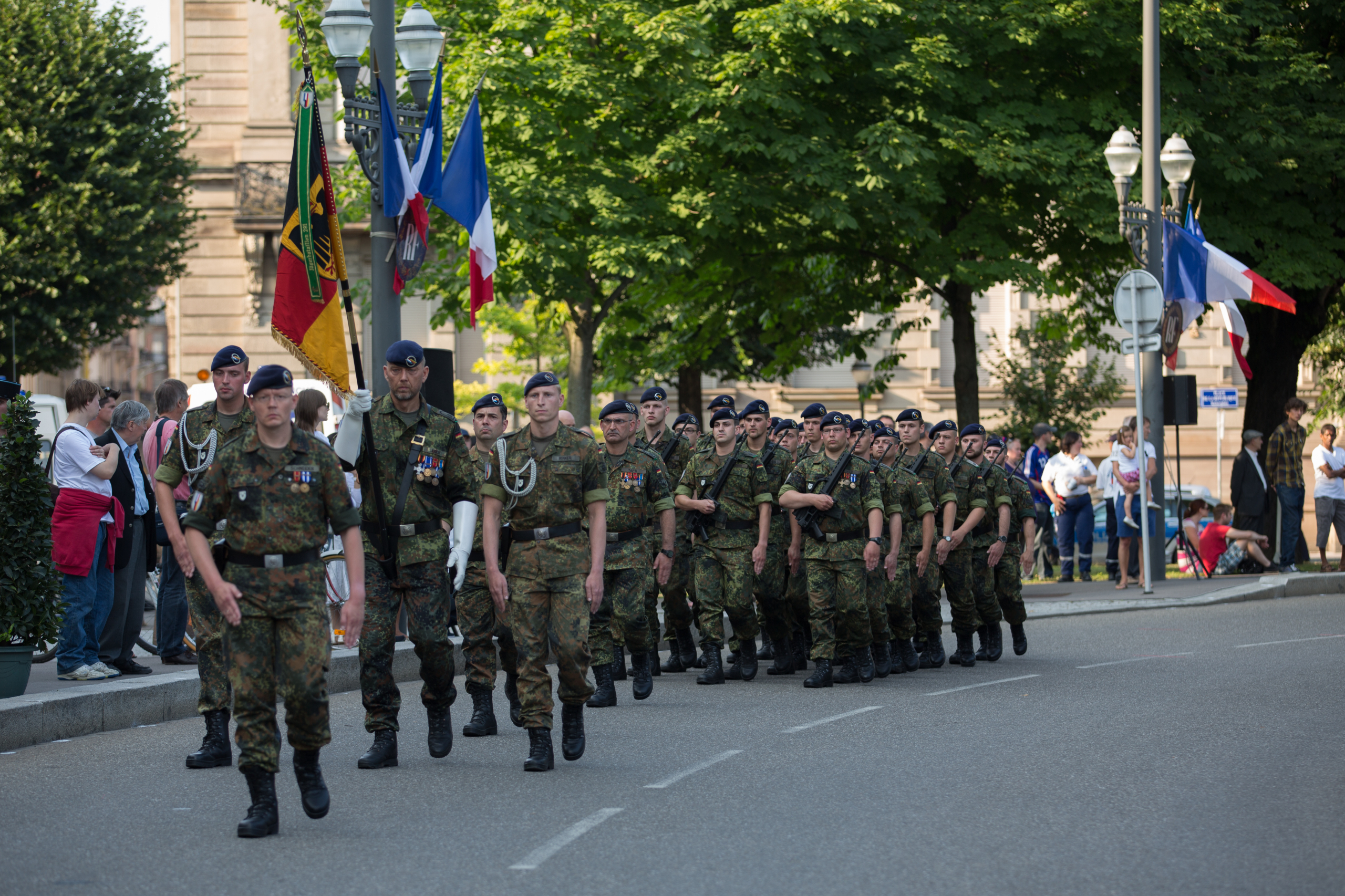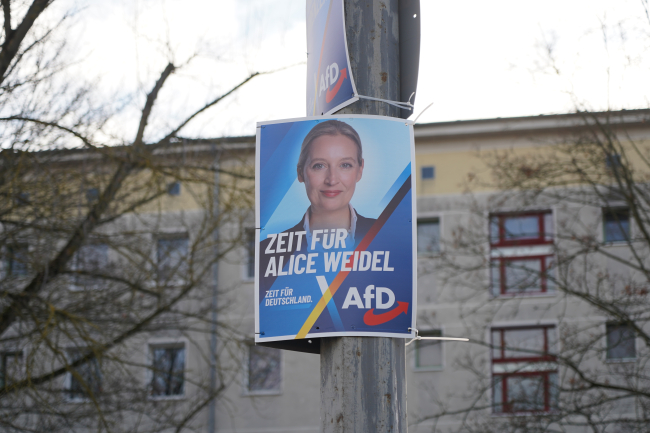The Franco-German Brigade and the Revival of European Defense
One thing has been clear since Donald Trump's return to the White House: the very existence of the European unification project is threatened. Unless it develops a sovereign defense policy to counter the war in Ukraine and the weakening of American security guarantees, the European Union will continue to see its internal cohesion and external attractiveness wane.

France and Germany can prevent this scenario, but will they show sufficient political will? The evolution of the Franco-German brigade will be a good indicator for assessing their actual readiness.
- The context of the creation of the brigade, at the end of the Cold War, has analogies with the current situation and testifies to the fact that Europeans have lost more than thirty years to strengthen their security.
- The German government urgently needs to engage in a strategic dialogue on Europe’s security – first with France, then with other European partners.
- Donald Trump's election victory has revived the idea of a "European army." But this is, in the current situation, completely unrealistic. The Franco-German brigade will bear witness to the possibility of long-term integration of European defense, and the Europeanisation of Nato.
- The brigade aims to demonstrate the Franco-German capacity for momentum in Eastern Europe – integrated into NATO structures and in close coordination with partner states on the ground.
Jacob Ross works as a research fellow at DGAP where he focuses on France and Franco-German relations. He previously worked as an assistant at the NATO Parliamentary Assembly and the French National Assembly, as well as in two departments of the French Foreign Ministry.
Nicolas Téterchen is a PhD student at the University of Cergy; his work focuses on the perceptions of defence policy in Germany from 1990 to 2022. He is a research assistant in the France and Franco-German Relations programme at the German Council on Foreign Relations (Deutsche Gesellschaft fur Auswärtige Politik, DGAP) in Berlin. He previously worked at the French-German Chamber of Commerce and Industry in Paris.
This briefing is partly based on discussions that took place during a colloquium in Strasbourg in May 2024. It was organized jointly by the DGAP and the Study Committee on Franco-German Relations (CERFA) of the French Institute of International Relations (IFRI).
This publication is available in the following languages:
- French: "La brigade franco-allemande et la relance de la défense européenne" (pdf)
- German: on the website of the DGAP: "Deutsch-französische Führung für ein souveränes Europa. Die Deutsch-Französische Brigade kann zeigen, ob der politische Willen dafür reicht" (pdf)

Available in:
Themes and regions
DOI
Ifri Briefing, 8 April 2025
Share
Download the full analysis
This page contains only a summary of our work. If you would like to have access to all the information from our research on the subject, you can download the full version in PDF format.
The Franco-German Brigade and the Revival of European Defense
Related centers and programs
Discover our other research centers and programsFind out more
Discover all our analysesFriedrich Merz and the Zeitenwende 2.0. A “New Era” for Transatlantic Relations?
On February 23, 2025, almost 60 million voters were called upon to elect a new Bundestag. These elections will also give rise to a new government in Europe's largest economy.
After the Elections: Germany in Search of Shaken Stability?
With a voter turnout of 82.5%, Germany recorded its highest participation since 1987—an increase of 6.1 percentage points compared to 2021. As in the previous election, the high turnout particularly benefited the Alternative for Germany (AfD), which was able to mobilize many former non-voters. Many voters sought to punish the outgoing government with their ballots, as its approval rating had dropped to just 14% before the coalition broke apart in November 2024. Germany is now very likely heading toward a grand coalition between the CDU/CSU and the SPD, with exploratory talks having begun on February 28.
The German Greens as an Alliance Party: The End of an Illusion?
At the Wiesbaden Congress in November 2024, Robert Habeck, currently Minister for the Economy and Climate, was nominated as the Green Party’s candidate for the Chancellorship in the early parliamentary elections on February 23, 2025. The party, founded 45 years ago, is now firmly established in the German political landscape. Wishing to turn the page on an unloved ‘‘traffic light’’ coalition, the party is banking on a personal campaign and an optimistic discourse based on the energy transition and social justice.
The rise of the AfD and the choice of radicalism
Founded in 2013, the Alternative für Deutschland (AfD) has become increasingly radical as crises have unfolded. Since 2015-2016 and the massive influx of immigrants into Germany, it has positioned itself as a virulently anti-migrant party and continues to consolidate its foothold in the German political system, particularly in parliaments. While its roots are very strong in the eastern regions, where its main strongholds are located, it is also attracting more and more voters in the west, against an overall backdrop of normalization of the far right and a national context marked by strong economic and political destabilization.











